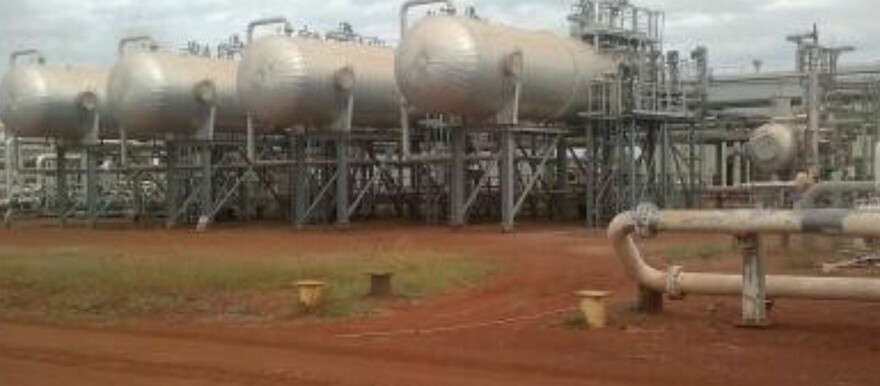The Government of South Sudan on Thursday called on the warring Sudanese forces to protect the crude oil pipeline infrastructure.
Addressing reporters at a press conference in Juba on Thursday, Petroleum Minister Puot Kang Chol said the warring parties in Sudan have a mandate under international law to protect the pipelines there.
“We would not want anything that would affect the exportation of oil. We do not produce (oil) in Sudan but we export our crude oil through Sudan, meaning the warring parties, under international law, have the responsibility of protecting critical infrastructure in their country,” he said. “This is basically to say that we are calling on them to continue with the responsibility of protecting the infrastructure in the Republic of Sudan and that is the first thing that we would like to call upon.”
He said South Sudan is working closely with authorities in Sudan to ensure a smooth flow of crude oil.
“We will continue to work closely with the authorities in Sudan and with people who are in charge of all the facilities in Sudan to make sure we export our crude oil smoothly,” Chol said. “I would like to reaffirm to the general public and all concerned citizens of the Republic of South Sudan that the current fighting in Sudan has mildly affected the logistics and transportation of critical materials and equipment through Port Sudan to our oilfields in South Sudan.”
“All our facilities such as pipelines, pump stations, filled processing facilities; filled surface facilities, and export marine terminal in Sudan are well protected and safe from any damage,” he added.
South Sudan relies on Sudan to export its crude oil which travels through a pipeline to the Red Sea via Khartoum where fighting erupted on Saturday.
Under the Transitional Financial Arrangement signed soon after South Sudan’s independence in 2011, Juba pays Khartoum fees and non-commercial tariffs to ship its crude to international markets.




